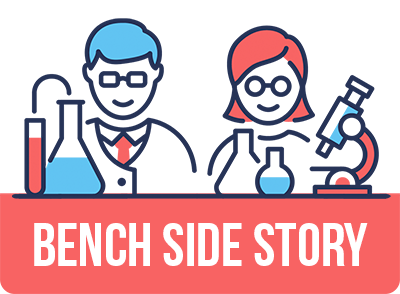RESEARCHER PROFILE
Georgina Hughes,
Pharmacist & PhD Candidate
University of South Australia Clinical and Health Sciences
Registry of Senior Australians (ROSA)
South Australian Health and Medical Research Institute
Georgina Hughes is a pharmacist & PhD Candidate with the University of South Australia Clinical and Health Sciences and the Registry of Senior Australians (ROSA), undertaking research at South Australian Health and Medical Research Institute (SAHMRI).
Georgina’s PhD study and first published paper was on how to improve the safe and effective use of antidepressant medicines and optimise quality use of medicines in older people accessing residential aged care.
The study, published in the Journal of American Medical Directors Association (JAMDA), was led by Georgina, in collaboration with Professor Maria Inacio and Associate Professor Janet Sluggett. It’s Australia’s first national study investigating the use of antidepressants among older people living in residential aged care homes across the country, analysing the de-identified data of 779,659 residents from 3,371 aged care homes, between 2006 and 2019.
“We found antidepressants were used by 46.1% of residents in 2006 and this increased to 58.5% of residents in 2019,” Ms Hughes said.
“Nearly six in every ten residents of aged care homes are using an antidepressant, which is much higher than use in the general older population.”
The use of antidepressant medicines among older people in aged care homes in Australia is high, and there is a need for better mental health support and safer use of antidepressants to improve clinical care and health outcomes for older people.
Antidepressant medicines can have side effects, especially in older people, and Australia is one of the largest consumers globally.
Almost 60% of aged care home residents are using antidepressant medicines, prompting the need to investigate the reasons for such high usage.
Georgina talks to how big data is crucial in understanding and improving the use of antidepressant medicines in aged care, leading to better clinical care and health outcomes for older people in Australia.
Georgina is passionate about practice-informing, translational and innovative research to improve quality use of medicines and health outcomes.
You Might also like
-
World-first clinical trial improves patient outcomes for kidney transplants (2023)
A world-first clinical trial conducted at the Royal Adelaide Hospital (RAH) and at hospitals across Australia and New Zealand has identified the best fluid treatment to reduce the risk of patients requiring dialysis after a kidney transplant.
Around one in three people who receive a kidney transplant suffer delayed graft function, which means the transplant doesn’t work immediately and they require dialysis.
The lead-author of the study, was Royal Adelaide Hospital Nephrologist and University of Adelaide researcher, Dr Michael Collins.
-
Dr Kelly-Anne Masterman
RESEARCH IN NEEDLE-FREE VACCINE DELIVERY SYSTEM
@ VAXXAS, BRISBANE, QUEENSLAND, AUSTRALIA -
In his father’s footsteps as a kidney transplant specialist
Since he was a young child, Dr Collins, has been interested in kidney failure and kidney transplants in particular. His father was also a kidney specialist, and he used to sit by the phone when his father, was on call and ringing people who were being offered a kidney transplant. The joy in their voices through this interaction created a lasting and profound impact on Dr Collins. This carried through his career and today he continues to seek better outcomes for Kidney patients.



